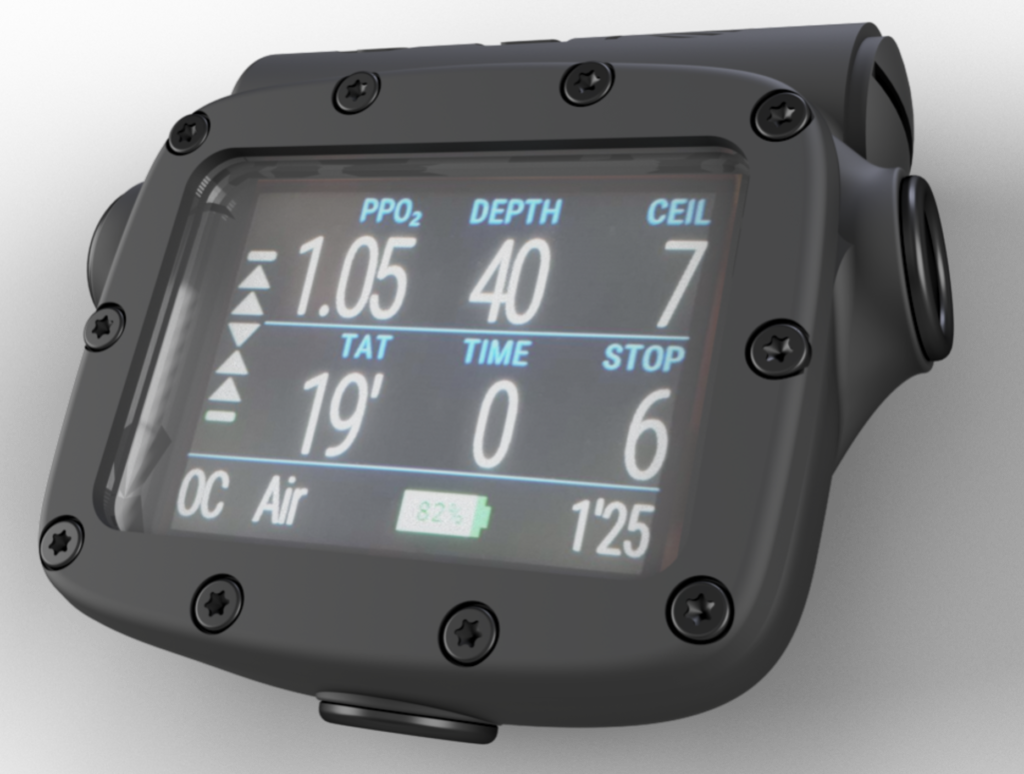Curtis Hopper
Registered
Science can make a devise, that mounts on your arm, that measures blood sugar. Why can’t we do the same for nitrogen or other gasses?
This is my first post.
This is my first post.
Welcome to ScubaBoard, the world's largest scuba diving community. Registration is not required to read the forums, but we encourage you to join. Joining has its benefits and enables you to participate in the discussions.
Benefits of registering include

 o-dive.com
o-dive.com
That will be fun to watch the development of this unit thru out 2022. I know in the past NEDU was trying to avoid acoustical sensors because there's alot of variables to deal with, and they are not silent.About as close as you will get
My surface intervals in SE FL are less than an hour, I would not be able to take the 2nd required readingAbout as close as you will get at the moment

Odyssey - O'Dive
Discover Odyssey: the first connected Doppler computer with customized decompression.o-dive.com
There is a device called a pulse oximeter for getting an idea of % oxygen saturation of hemoglobin in the blood. From Answers.com, it works "...by emitting beams of red and infrared light that are passed through a pulsating arteriolar bed. Sensors detect the amount of light absorbed by oxyhemoglobin and deoxyhemoglobin..."Why can’t we do the same for nitrogen or other gasses?
Besides what @drrich2 mentioned, there is something called Licox. So it's available but invasive. Not applicable for diving though. Used in neuro ICUs.Science can make a devise, that mounts on your arm, that measures blood sugar. Why can’t we do the same for nitrogen or other gasses?
This is my first post.
Thanks for posting; very interesting. From their page, "A DECOMPRESSION BASED ON YOUR BUBBLE MEASUREMENTS|"About as close as you will get at the moment

